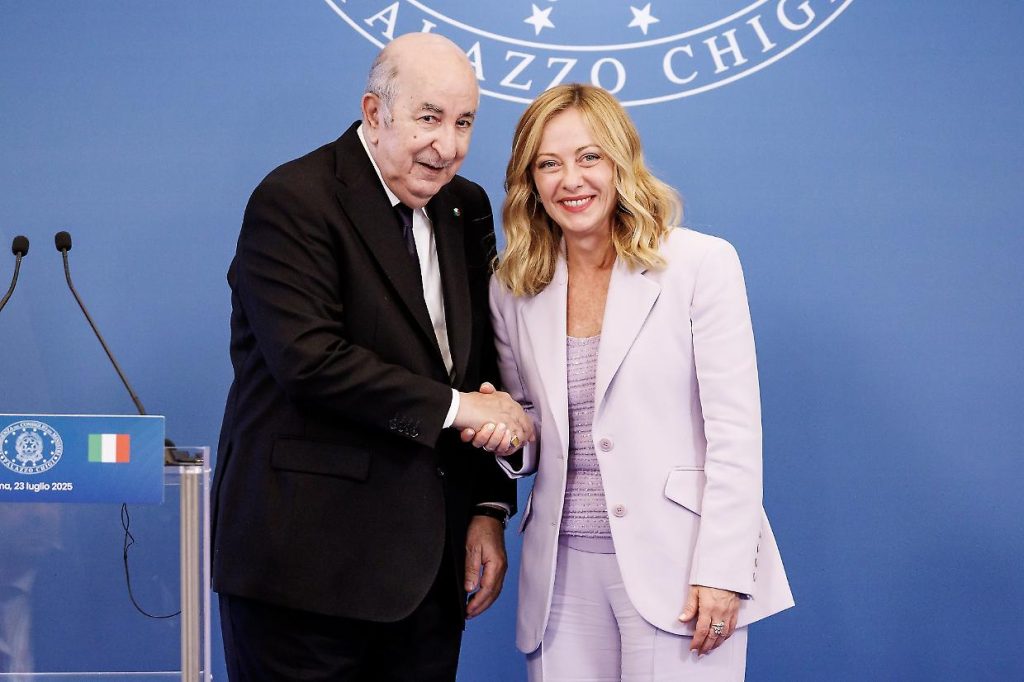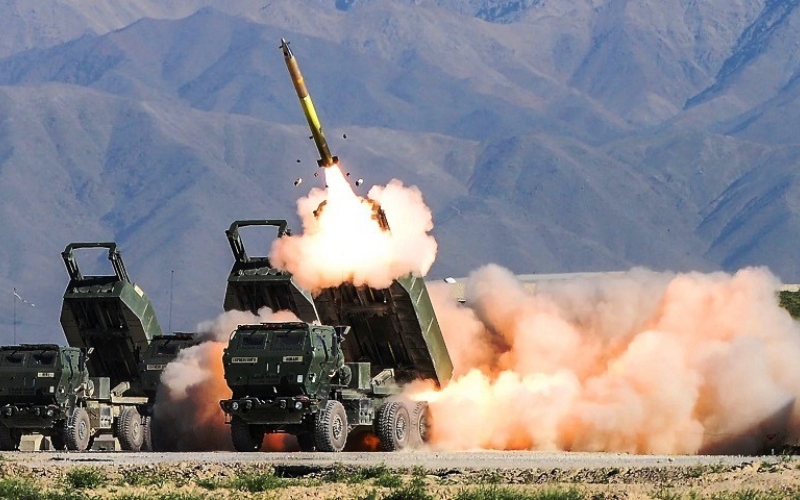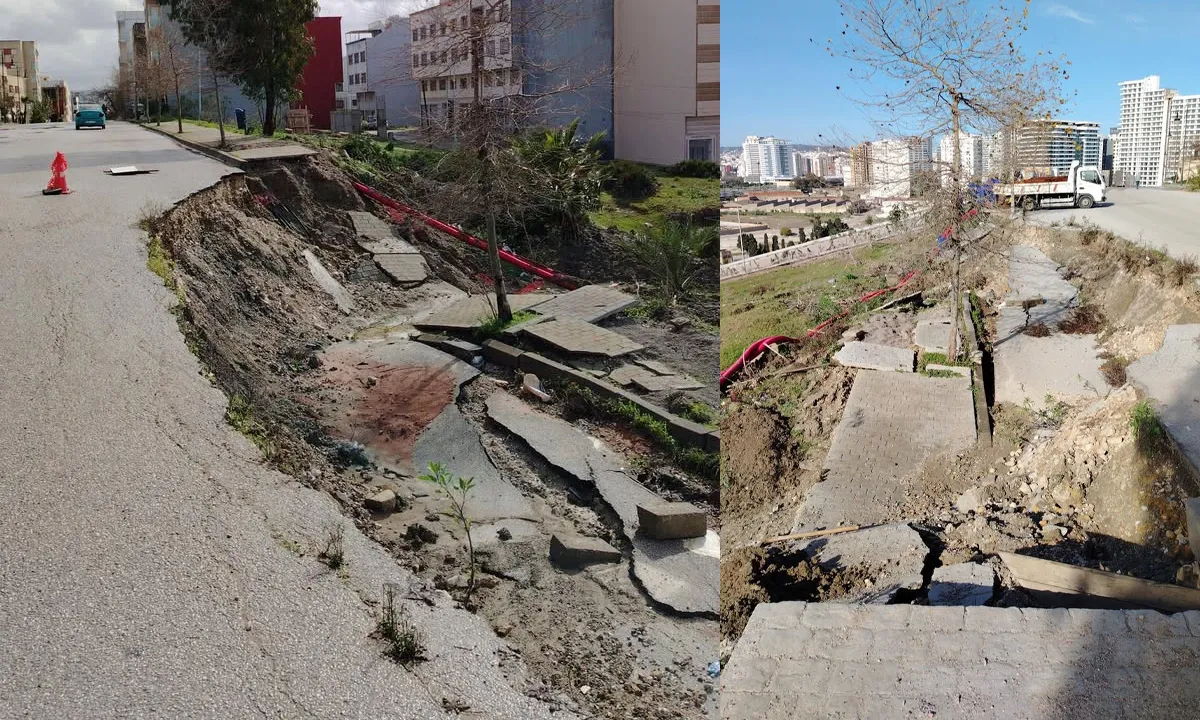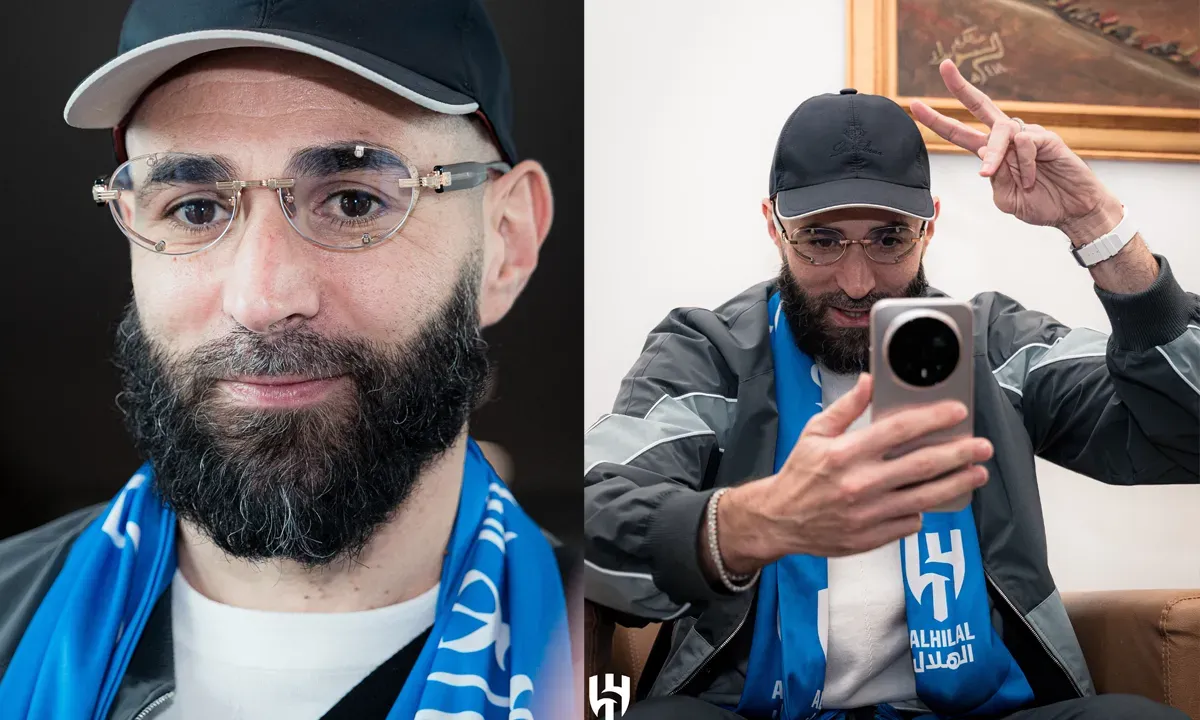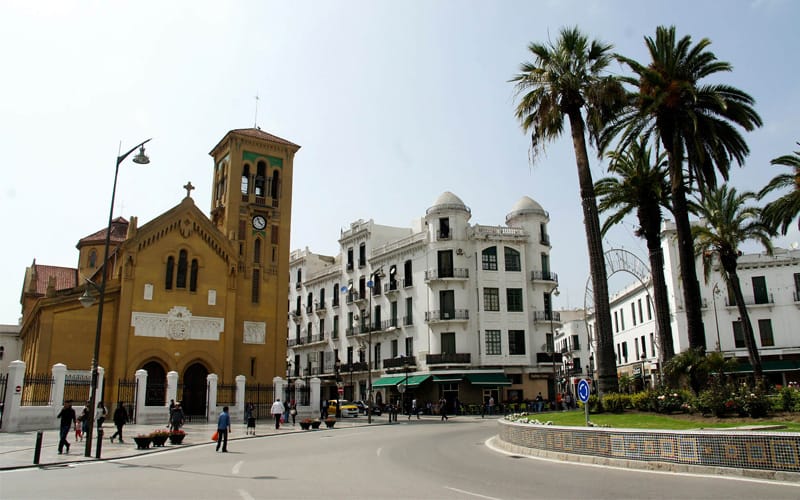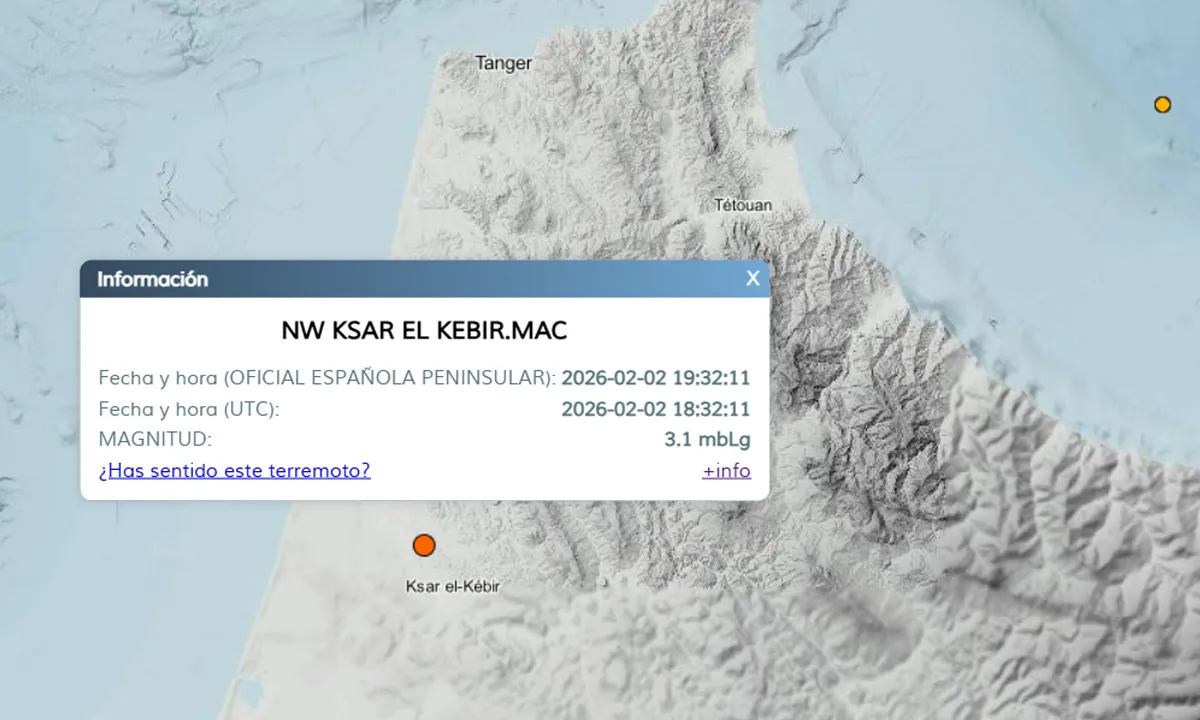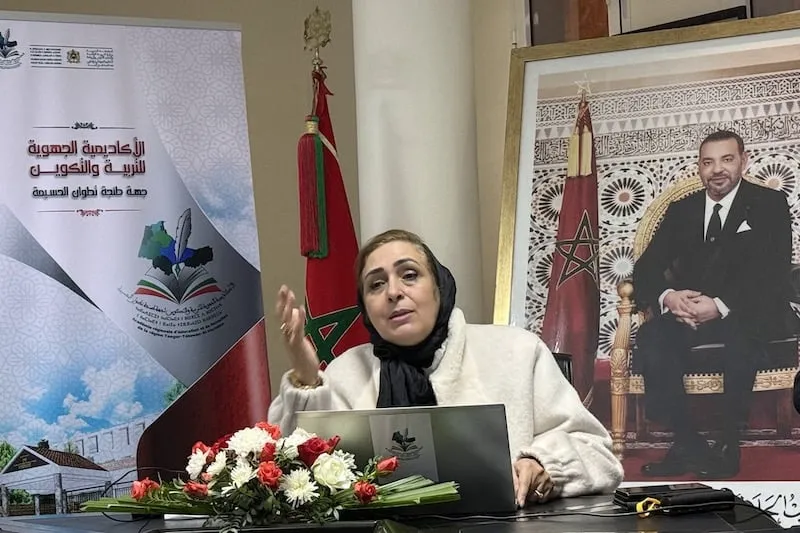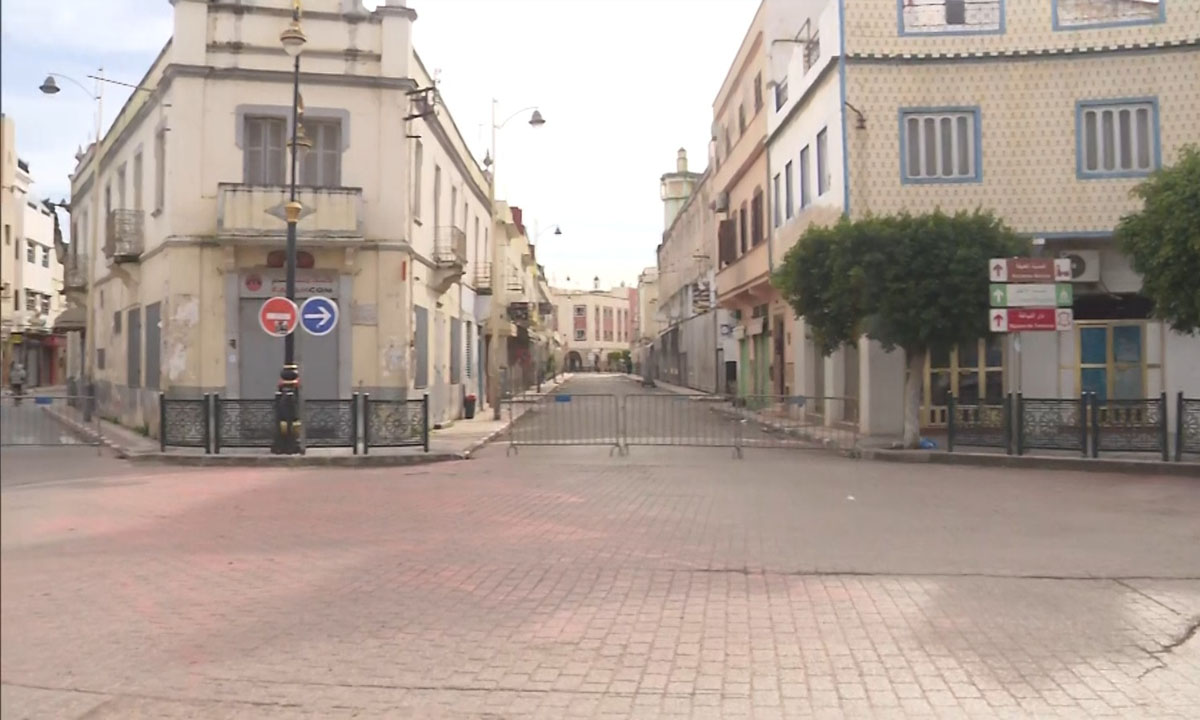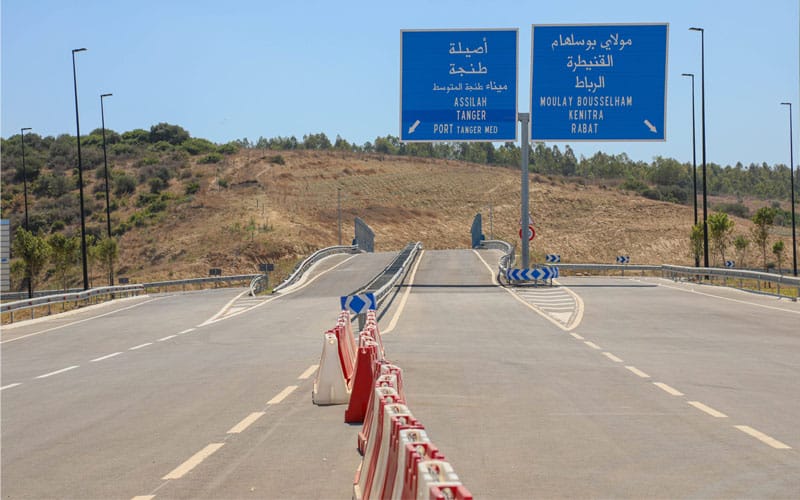Italy’s Strategic Predicament Over Western Sahara
The Italian newspaper “Opinione” has reported that Rome has placed itself in a strategic predicament by siding with the Algerian regime regarding the Western Sahara issue. This comes as Morocco is experiencing unprecedented progress with support from major countries, including several European nations.
In an article published on Wednesday coinciding with Algerian President Tebboune’s visit to Rome, the paper highlighted the escalating tensions between Morocco and Algeria over the Western Sahara conflict. Algeria continues to support the separatist Polisario Front, but a significant shift has occurred in recent years, with international momentum increasingly favoring Morocco’s assertion of sovereignty over Western Sahara and its proposal for autonomy as a political solution.
As global consensus grows around this stance, Algeria finds itself becoming more isolated. Conversely, Italy’s alignment with Algeria places it at odds within the European Union.
Diplomatic Wave in Favor of Morocco
Morocco’s autonomy initiative, introduced in 2007, has gained considerable momentum due to active and organized diplomacy. This initiative was in response to a United Nations call in 2000 for parties to present political solutions to overcome the stagnation caused by the abandonment of a referendum option that was deemed politically and technically unfeasible. The proposal has garnered support from 123 UN member states, with North Macedonia being the latest to endorse it on July 20, 2025. Moreover, over 30 African, Arab, and Latin American countries have opened consulates in the disputed cities of Laayoune and Dakhla, effectively recognizing Morocco’s sovereignty over the region.
At the United Nations, three permanent members of the Security Council— the United States, France, and the United Kingdom— have endorsed Morocco’s sovereignty and supported its autonomy initiative. In Europe, 24 EU member states have adopted a similar position, with Italy being the notable exception.
Algeria in a Quandary
On the Algerian side, the situation is far from reassuring. The regime, led by an aging military elite, is struggling to provide any prospects for political or economic development. Social peace is maintained through support funded by oil revenues; however, the embers of the “Hirak” protest movement remain smoldering, having been suppressed during the pandemic.
Algeria is the only North African country that has judicially banned the presence of a human rights organization. The country is home to over 300 political prisoners and prisoners of conscience, including the prominent Franco-Algerian writer Boualem Sansal, sentenced to five years in prison for his remarks on French colonialism and its impact on borders, despite his advancing age and cancer diagnosis.
Regionally, Algeria is more isolated than ever. Countries in the Sahel accuse it of supporting separatist and terrorist groups. In Libya, eastern authorities condemn its interventions. The fall of traditional allies in the Arab world, especially Syria and Iran, has exacerbated its isolation, evident even in the recent dispute with the United Arab Emirates.
In the Mediterranean, Algeria’s attempts to leverage its support for the sovereignty of Morocco against France and Spain have prompted the European Commission to review its partnership agreement with Algeria last week, which could lead to European sanctions.
A month ago, the EU placed Algeria on a blacklist of countries financing Hamas and Hezbollah. The Polisario Front is also under scrutiny, as the U.S. Congress prepares to designate it as a terrorist organization.
Even at the African level, only a handful of marginal countries remain supportive of the Polisario.
Morocco’s Advancements
In contrast, Morocco solidifies its position as a leading regional player. It is stable and influential, playing a central role in combating terrorism and enhancing security cooperation, as well as managing migration and promoting sustainable development. The kingdom hosted COP22 and initiated strategic projects such as the Morocco-Nigeria gas pipeline, enhancing its economic footprint across Africa with initiatives like the “Atlantic Initiative.”
Today, Morocco is viewed as a reliable partner by major Western capitals. In contrast, Italy’s full endorsement of Algeria positions it against the prevailing tide. Rome finds itself isolated, marginalized to a group of countries that do not support Morocco’s stance, including Venezuela, Zimbabwe, Cuba, and Nicaragua.
Urgent Need for Diplomatic Reassessment
Italy faces a strategic quandary in the Western Sahara issue. Sources indicate that the wait-and-see approach is not well-received in Rabat. Morocco is the historical partner, while such a stance does not ensure long-term preferential treatment in Algeria nor facilitate conflict resolution.
In recent years, Rome has gradually shifted its focus in the Maghreb toward Algeria, considering this option necessary for energy security following the Russia-Ukraine crisis. However, this strategy risks diplomatic divergence from most of its European partners, who are now publicly supporting Morocco’s autonomy initiative.
Italian foreign policy cannot be reduced to a reaction to energy constraints, nor should it passively accept Algeria’s geopolitical blackmail. It is urgent to reassess its strategy and rebalance alliances, recognizing the new regional geopolitical structure and reestablishing a constructive relationship with Rabat. The time has come to move out of the gray area.




